Dr. Roopali walks down the memory lane to take us on a tour of Prague from Moscow, bringing to us the many colours and hues of life. An exclusive for Different Truths.

The train chugged all the way from Moscow to Prague. The journey was over 2095 kilometres long, and took nearly 27 hours. The sun somehow did not set, and sleep eluded me. It was 11.30 pm and the sun travelled along with me.
We passed through a vast landscape dotted with tiny villages. Always a water well, a chapel and a few little houses. Sometimes the train slowed down and stopped. Perhaps to let another go past.
Babushka grandmothers would run up with some turnips, a few carrots, and a head of red cabbage.
Babushka grandmothers would run up with some turnips, a few carrots, and a head of red cabbage. A door would open and some kind of transaction would take place with the train conductor. The Babushka would be left smiling with a packet of cigarettes.
It was picturesque. Yet a sadness hung in the fields and on the train tracks. I hung out of the window. The suns hone still bright in the night sky! The train picked up speed, taking me further away from familiar things in my mind.
Prague Main Railway Station was crowded. Uniformed soldiers and long queues everywhere. It was the 1980’s. Communism was at its peak. The iron curtain stood strong.
India’s Military Attaché to Czechoslovakia met us.
India’s Military Attaché to Czechoslovakia met us. Colonel H.B. Kala. Tall and handsome, he stood out in the crowd. He took us straight to his home. Fried bhindi, moong dal and hot chapati brought us back to life.
Earlier, in Moscow, we had only eaten boiled and steamed food. No spices. Bland to the Indian palate.
Our gracious hosts took us to a massive glittering shopping area. Here, we purchased long-stemmed crystal and cut-glass vases and bowls and Swarovski-style jewellery. Quite forgetting we had other places to visit and lugging all this along would be painful.
Everywhere we went, we were followed.
Everywhere we went, we were followed. People would sidle up and whisper, “Dollar? Dollar? Dolarov?” One fellow whispered an offer of a good price better than the official rate.
In those days, access to foreign exchange was limited. One U.S. Dollar was eight rupees, and we were only allowed to carry a very small amount. So, the spouse dived behind a dumpster and the money was surreptitiously exchanged. Human greed and stupidity are universal!
Later, the Military Attaché sighed, “Thank goodness you didn’t produce it anywhere for payment. You could have been arrested.” It turned out it was just a fake piece of paper and such printed money had gone out of circulation in the early 1930’s! “I am constantly bailing Indians out from Czechoslovakian jails. Illegal activities are rampant. And Indians seem to fall prey.” I shuddered.
The Russians were in Afghanistan and the shops in Moscow were filled with pickled vegetables and jams and dry fruits…
The Russians were in Afghanistan and the shops in Moscow were filled with pickled vegetables and jams and dry fruits saying, “Produce of Afghanistan.” Here in Prague, I saw fresh fruits and vegetables after two long months.
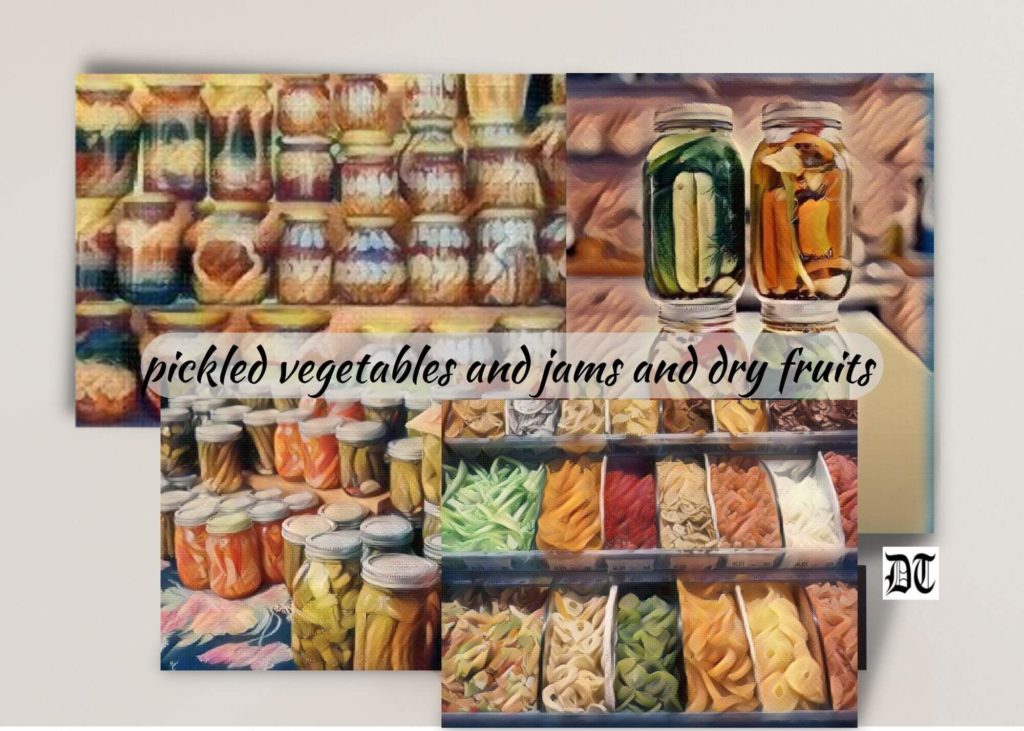
We saw Romani people everywhere. They had the same wheat complexion and our Indian features. Since I only wore saris, I attracted a lot of attention. I quite liked that. Some of these elderly Romani women would stop me, squat on the ground and run their hands over my silk sari. The men were handsome.
It seemed some memories stirred in their mind. Some faraway travels to or from an ancient land called India. Perhaps a very long time ago. The Romani, colloquially known as the Roma, are an Indo-Aryan ethnic group in Europe. They are traditionally nomadic itinerants.
Bands in parks played popular American songs.
Bands in parks played popular American songs. “One Way Ticket to the Blues” was quite the hit. Young couples danced to it in gay abandon. Although watched by Big Brother, there was irony behind the iron curtain. We were the personal guests of a senior Indian diplomat. We could move about a bit more freely.
We visited Fučík Park. The park held a famously popular giant roller coaster that elicited screams and shrieks.
Vendors sold large sausages, called Spišské párky. This is a smoked sausage that was first made over a century ago during the visit of the Hungarian nobility to the grand fair held by Spiš Castle.
According to a traditional recipe, Spišské párky is made with a mixture of fresh beef, fresh pork, pork rind, and paprika that give the sausage its pinkish-red colour. The finished product is hung in a smoke room to dry and smoke giving it a unique aroma and flavour.
Everything smelled so delicious.
Everything smelled so delicious. But our hosts were hardcore vegetarians and the spouse had only a fake currency note from 1932!
They say travel maketh a man. All I know is travel maketh one hungry. And sometimes very angry. In a few days we were to return. An office peon from the Embassy of India carried my bag with those crystal vases and glasses.
He was chatty. He was very happy to be here in a beautiful city like Prague. He had a Czech girlfriend. A teacher who loved him.
From Chhapra in Bihar, he cursed his life in India…
From Chhapra in Bihar, he cursed his life in India where he said he was treated worse than a dog. Here it didn’t matter what job you did. You were not judged by that. There was dignity of labour. His words echo in my mind to this day.
Returning and re-entering the Soviet Union involved some unusual and scary experiences. The train stopped at the border. Military police entered compartments without your permission.
They searched the lavatories, beds, pillows, purses, luggage, even books or other reading material. They confiscated a Time magazine with Josip Boz Tito’s funeral pictures. I had picked it up from my hosts’ home to read on the long journey back.
The white-coloured diplomatic passport the spouse carried raised curiosity but no respite from searching.
The white-coloured diplomatic passport the spouse carried raised curiosity but no respite from searching. He was asked to disembark and accompany them. So off he went, leaving me behind.
Suddenly, the complete train and its coaches were lifted off the wheels. Here I was, high up in mid-air not knowing what to do. I ran towards the door that was no longer a disembarking option. A few soldiers strolled up and suggested I jump off.
I was hurriedly helped and pulled into one which was all ready to take off.
I did just that and landed right into their expert arms. The train coach had delinked. I was hurriedly helped and pulled into one which was all ready to take off. A travelling African student from the Patrice Lumumba Peoples’ Friendship University pulled me up while the soldiers gave me a hefty leg up. I was a slim young woman those days. And India and the Soviet Union were friendly.
The train was now on a different track and began to pull out with me aboard. I began shouting hysterically. I had no passport, no known address, and no luggage. I was returning to Moscow. Friendly ties or not, I might as well be dead.
… I saw the spouse pedalling a bicycle at great speed. He was being escorted by military police, also on bicycle.
All of a sudden, I saw the spouse pedalling a bicycle at great speed. He was being escorted by military police, also on bicycle.
Speaking fluent Russian, he managed to get back into the severed coach and pick up a scarf I had left behind. Actually, he had hidden U.S. dollars under the train’s carpet. Retrieving the cash on the pretext of the scarf being a religious piece of cloth.
Trained soldiers are sharp!
Having found out they were dealing with an Army Major from India who was under military training in Moscow, they let him off…
Having found out they were dealing with an Army Major from India who was under military training in Moscow, they let him off with a few salutes.
The track changing was to ensure no enemy train could enter the Soviet Union. How innovative could one get?! Bonhomie between soldiers. Now that he had been interrogated about that damned American Time Magazine, its origins and purpose, they were ready to say goodbye.
Indian movies were all the rage in the U.S.S.R those days.
What did the trick of restoring calm were Indira Gandhi, Hema Malini, Raj Kapoor, and Mithun Chakraborty? Indian movies were all the rage in the U.S.S.R those days. The sari and Bindi saved me. I was a blue-blooded Indian woman. A true ambassador!
Picture design by Anumita Roy, Different Truths

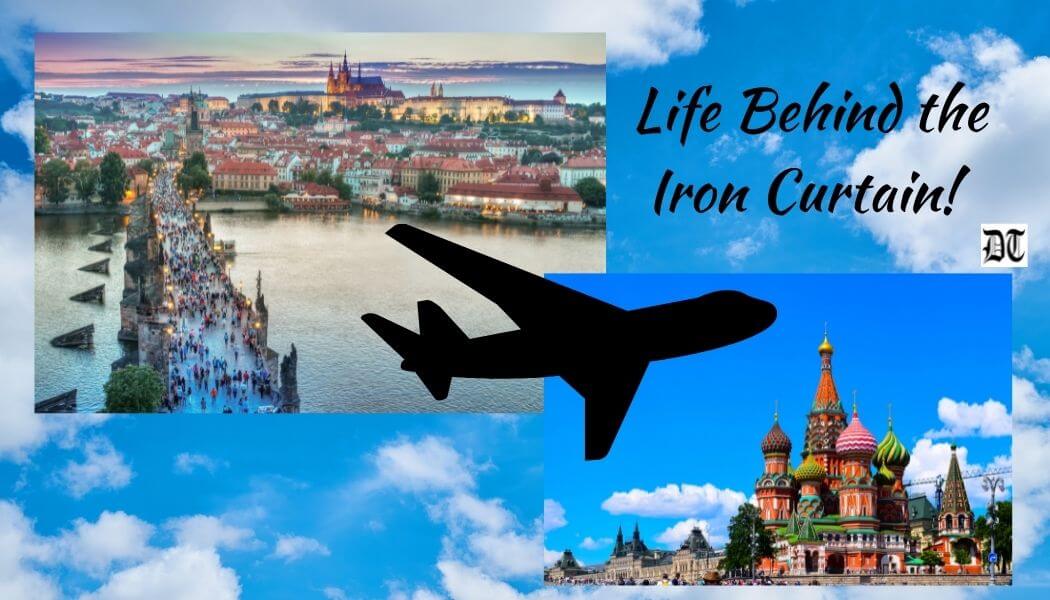



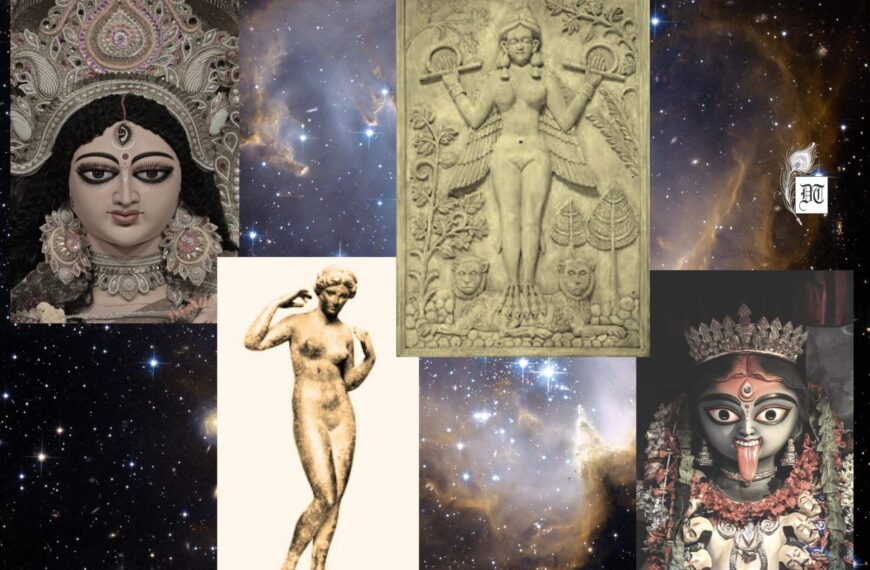
 By
By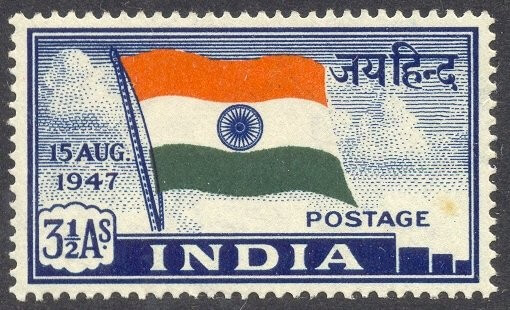
 By
By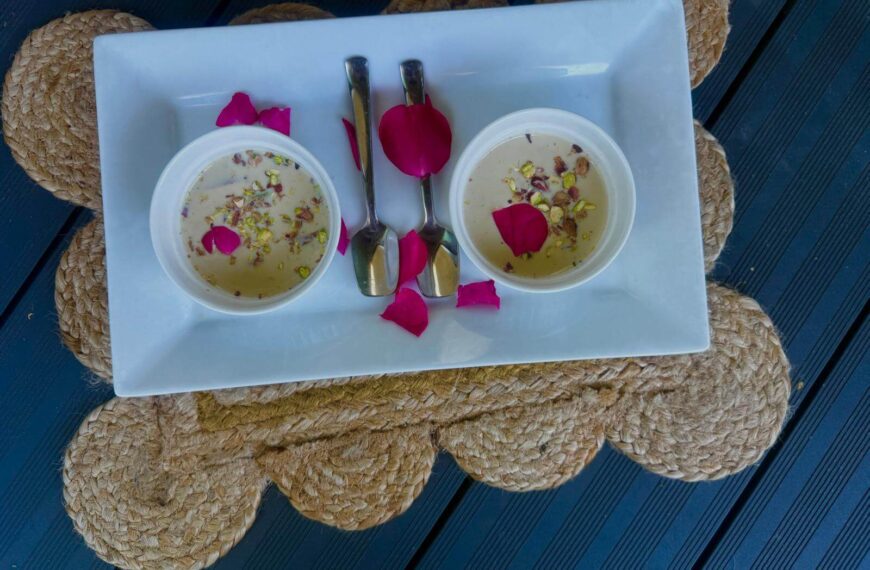

 By
By
Excellent write up, a short brief travelogue fashioned by the truly gifted pen of a master if the English language.
The memory had a line of streak that’s quite exciting with full of colourful flavours and suspense ingrained, it’s no lesser than a cinematic experience to say.